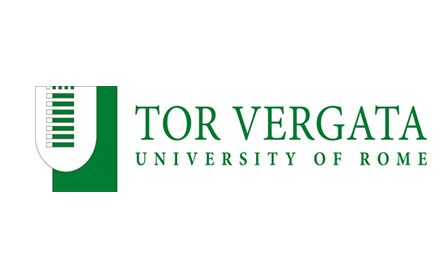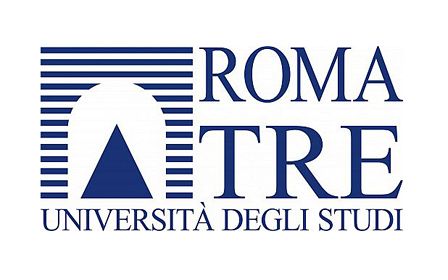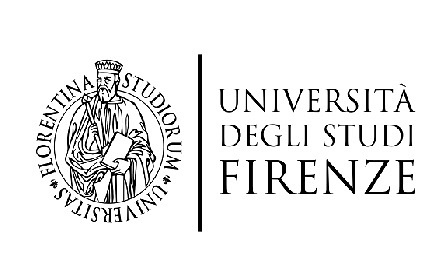Policy papers
Making migration sustainable. The role of IDA
and schooling in Mexico. Evidence from nationally representative data: 2000 - 2010
Revisiting the impact of Oportunidades on children's acrivity
and schooling in Mexico. Evidence from nationally representative data: 2000 - 2010
Existing, largely experimental, evidence on Progresa/Oportunidades - one of the largest conditional cash transfers programmes in the world - finds little discernible impact of the programme on child labour in rural areas, close to programme inception. We use nationally representative data on 2.5 million children age 12 to 17 from the ENE/ENOE labour force surveys between 2000 and 2010 together with administrative data on programme take-up by municipality to revisit this evidence. Although increases in school attendance were more pronounced than falls in child labour in response to the programme, we find robust evidence that the programme contributed to a significant, broad-based decline in child labour, especially among younger children (12-14). The overall contribution of this programme to the 8 percentage points fall in child labour observed over this period is estimated to be around 7 percent.
Women's economic capacity and children's human capital accumulation
Programs that increase the economic capacity of women from poor rural backgrounds are multiplying around the world. These programs can have cascading effects on children's participation in school and work that are theoretically undetermined. We present a simple model to describe the potential channels through which the promotion of women's productive capacity may affect children's participation in school and work. Based on a cluster-randomized trial, we examine how a productive intervention targeted at poor rural women in Nicaragua affected children. While the intervention did not aim to address school attendance and child labour, we find that children in beneficiary households are more likely to attend school and less likely to only be working one year after the end of the intervention. An increase in women's influence on household decisions appears to be the primary channel for the program's beneficial effect on school attendance.
Pathways from school to work in the developing world
Moving from education into the world of work is a crucial phase in youth lives. There is ample evidence that initial difficulties in this process might have long lasting consequences. The scarcity of information about middle and low income countries has especially hampered research in this area. This paper contributes to fill this gap by analysing the School to Work Transition Surveys carried out by the ILO in 28 low and middle income countries in 2012 and 2013.



